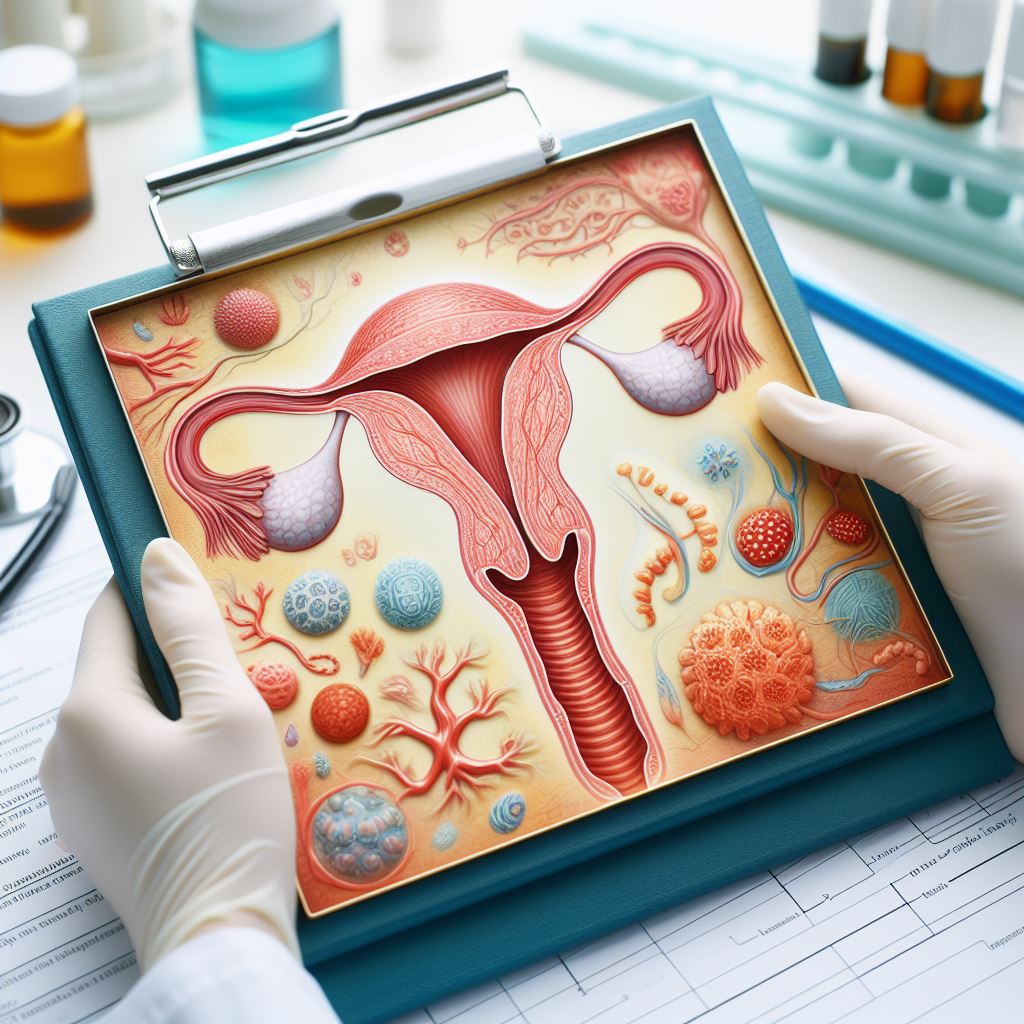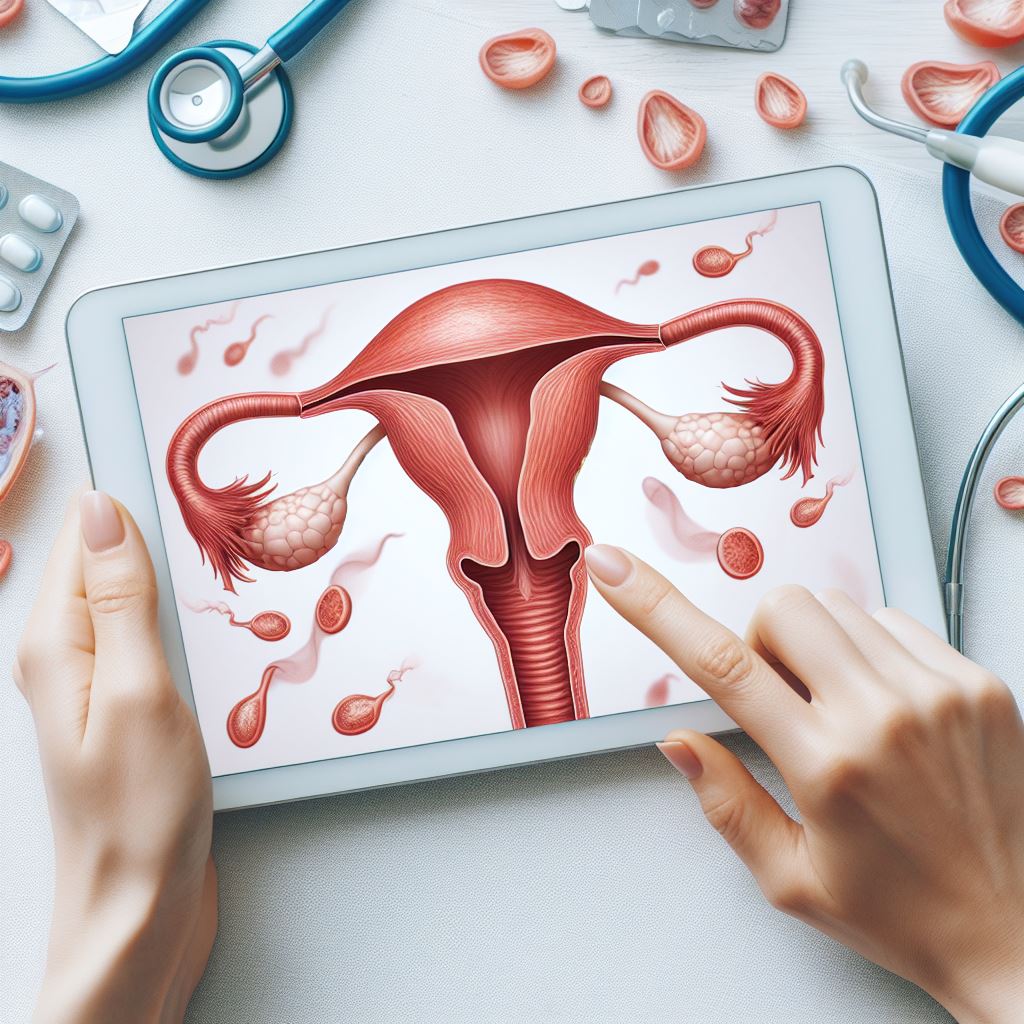Introduction
Fertility is a complex and multifaceted topic that affects many women who are trying to conceive. Fertility can be influenced by various factors, such as age, genetics, health conditions, lifestyle, and nutrition. While some of these factors are beyond our control, others can be modified to enhance our chances of getting pregnant.
One of the factors that can affect fertility is nutrition. Nutrition plays a vital role in supporting the reproductive system and the development of a healthy pregnancy. A balanced diet that provides adequate amounts of macronutrients (carbohydrates, protein, and fat) and micronutrients (vitamins and minerals) is essential for optimal fertility. However, some women may have difficulty meeting their nutritional needs through diet alone, especially if they have dietary restrictions, food allergies, or medical conditions that affect nutrient absorption or metabolism.
This is where fertility supplements may come in handy. Fertility supplements are products that contain one or more nutrients or herbs that are claimed to improve fertility or pregnancy outcomes. They are available in various forms, such as pills, capsules, powders, liquids, or gummies. Some of the most common fertility supplements include:
- Coenzyme Q10 (CoQ10): CoQ10 is a substance that is naturally produced by the body and is involved in energy production and antioxidant protection. CoQ10 levels tend to decline with age and may be lower in women with infertility or recurrent pregnancy loss. CoQ10 supplementation may improve egg quality, ovarian response, and embryo development in women undergoing assisted reproductive technology (ART) procedures, such as in vitro fertilization (IVF) or intracytoplasmic sperm injection (ICSI) 12.
- Folic acid: Folic acid is a form of vitamin B9 that is crucial for DNA synthesis and cell division. Folic acid deficiency can cause neural tube defects (NTDs), which are serious birth defects that affect the brain and spinal cord of the fetus. Folic acid supplementation is recommended for all women who are planning to conceive or are pregnant, as it can prevent up to 70% of NTDs 3. Folic acid may also improve ovulation, implantation, and pregnancy rates in women with infertility .
- Vitamin D: Vitamin D is a fat-soluble vitamin that is mainly obtained from sunlight exposure or fortified foods. Vitamin D is involved in many biological processes, such as bone health, immune function, and hormone regulation. Vitamin D deficiency is common among women of reproductive age and may be associated with infertility, endometriosis, polycystic ovary syndrome (PCOS), and poor pregnancy outcomes . Vitamin D supplementation may improve fertility and pregnancy outcomes in women with vitamin D deficiency or insufficiency .
- Omega-3 fatty acids: Omega-3 fatty acids are polyunsaturated fats that are found in fish, flaxseeds, walnuts, and other plant sources. Omega-3 fatty acids have anti-inflammatory, anti-thrombotic, and modulatory effects on the reproductive system. Omega-3 fatty acids may improve ovarian function, menstrual cycle regularity, ovulation, and embryo quality in women with infertility . Omega-3 fatty acids may also reduce the risk of preterm birth, preeclampsia, and postpartum depression in pregnant women .
- Zinc: Zinc is a trace mineral that is involved in many enzymatic reactions and cellular functions. Zinc is essential for the production and maturation of eggs, sperm, and hormones. Zinc deficiency can impair fertility and pregnancy outcomes in both men and women. Zinc supplementation may improve sperm quality, fertilization, and pregnancy rates in couples with infertility . Zinc may also prevent miscarriage, intrauterine growth restriction, and congenital anomalies in pregnant women .
These are just some of the examples of fertility supplements that may have some benefits for women who are trying to conceive. However, not all fertility supplements are created equal, and not all of them are backed by solid scientific evidence. Some fertility supplements may have no effect, while others may have adverse effects or interactions with other medications or supplements. Therefore, it is important to be cautious and informed when choosing and using fertility supplements.
How to Choose and Use Fertility Supplements
Fertility supplements are not regulated by the Food and Drug Administration (FDA) in the same way as prescription drugs. This means that their safety, quality, and effectiveness are not guaranteed. Some fertility supplements may contain contaminants, such as heavy metals, pesticides, or bacteria, that can harm your health or your baby’s health. Some fertility supplements may also contain ingredients that are not listed on the label, such as hormones, steroids, or stimulants, that can cause unwanted side effects or interfere with your fertility treatment.
Therefore, before taking any fertility supplements, you should do your research and consult your doctor. Here are some tips to help you choose and use fertility supplements safely and effectively:
- Look for reputable brands that have third-party certification or testing, such as NSF International, USP, or ConsumerLab. These organizations verify the identity, purity, potency, and quality of supplements and ensure that they meet certain standards and criteria.
- Read the label carefully and follow the instructions for dosage, frequency, and duration of use. Do not exceed the recommended dose or take more than one supplement with the same or similar ingredients. If you are unsure about the dosage or the ingredients, ask your doctor or pharmacist for advice.
- Check the expiration date and store the supplements in a cool, dry, and dark place. Do not use supplements that are expired, damaged, or discolored, as they may lose their effectiveness or become harmful.
- Inform your doctor and your fertility specialist about all the supplements that you are taking or planning to take. Some supplements may interact with other medications or supplements that you are taking or affect the results of your fertility tests or procedures. Your doctor may advise you to stop or change your supplements depending on your individual situation and needs.
- Monitor your symptoms and reactions to the supplements. If you experience any side effects, such as nausea, headache, rash, or irregular bleeding, stop taking the supplements and contact your doctor immediately. If you notice any improvement or changes in your fertility, such as ovulation, menstrual cycle, or pregnancy, let your doctor know as well.
- Do not rely on supplements alone to improve your fertility. Supplements are not magic pills that can guarantee pregnancy. They are meant to complement, not replace, a healthy diet and lifestyle and a proper fertility treatment. You should also adopt other habits that can boost your fertility, such as exercising regularly, managing stress, avoiding smoking and alcohol, and getting enough sleep.
When to Seek Help for Fertility
Fertility supplements may be helpful for some women who are trying to conceive, but they are not a substitute for medical care and evaluation. If you have been trying to get pregnant for more than a year (or six months if you are over 35 years old) without success, you should see a doctor or a fertility specialist for a comprehensive fertility assessment. Your doctor will perform a physical examination and various tests to determine the cause and the extent of your infertility and recommend the best treatment options for you.
Some of the common causes of infertility in women include:
- Ovulation disorders, such as PCOS, thyroid problems, or premature ovarian failure, that affect the production or release of eggs
- Tubal factors, such as blocked, damaged, or infected fallopian tubes, that prevent the egg and sperm from meeting
- Uterine factors, such as fibroids, polyps, or adhesions, that affect the shape or lining of the uterus or interfere with implantation
- Endometriosis, which is a condition where the tissue that normally lines the uterus grows outside the uterus, causing inflammation, pain, and scarring
- Unexplained infertility, which is when no specific cause of infertility can be identified after testing
Depending on the cause and the severity of your infertility, your doctor may suggest different treatment options, such as:
- Medications, such as clomiphene citrate, letrozole, or gonadotropins, that stimulate ovulation or regulate hormones
- Surgery, such as laparoscopy or hysteroscopy, that corrects any structural or anatomical problems in the reproductive organs
- Intrauterine insemination (IUI), which is a procedure where specially prepared sperm are inserted directly into the uterus around the time of ovulation
- ART, such as IVF or ICSI, which are procedures where eggs are retrieved from the ovaries, fertilized with sperm in a laboratory, and transferred back into the uterus
Your doctor will discuss the benefits, risks, and costs of each treatment option with you and help you make an informed decision that suits your preferences and goals. You may also need to consider other factors, such as your age, your medical history, your partner’s fertility, and your emotional and psychological well-being, when choosing a fertility treatment.
Conclusion
Fertility supplements are products that contain nutrients or herbs that may improve fertility or pregnancy outcomes. Some of the most common fertility supplements include CoQ10, folic acid, vitamin D, omega-3 fatty acids, and zinc. However, not all fertility supplements are effective, safe, or suitable for everyone. You should always consult your doctor before taking any supplements or making any changes to your diet or lifestyle.
Fertility supplements are not a cure for infertility. They are meant to complement, not replace, a healthy diet and lifestyle and a proper fertility treatment. You should also adopt other habits that can boost your fertility, such as exercising regularly, managing stress, avoiding smoking and alcohol, and getting enough sleep.
If you have been trying to get pregnant for more than a year (or six months if you are over 35 years old) without success, you should see a doctor or a fertility specialist for a comprehensive fertility assessment. Your doctor will perform a physical examination and various tests to determine the cause and the extent of your infertility and recommend the best treatment options for you.





